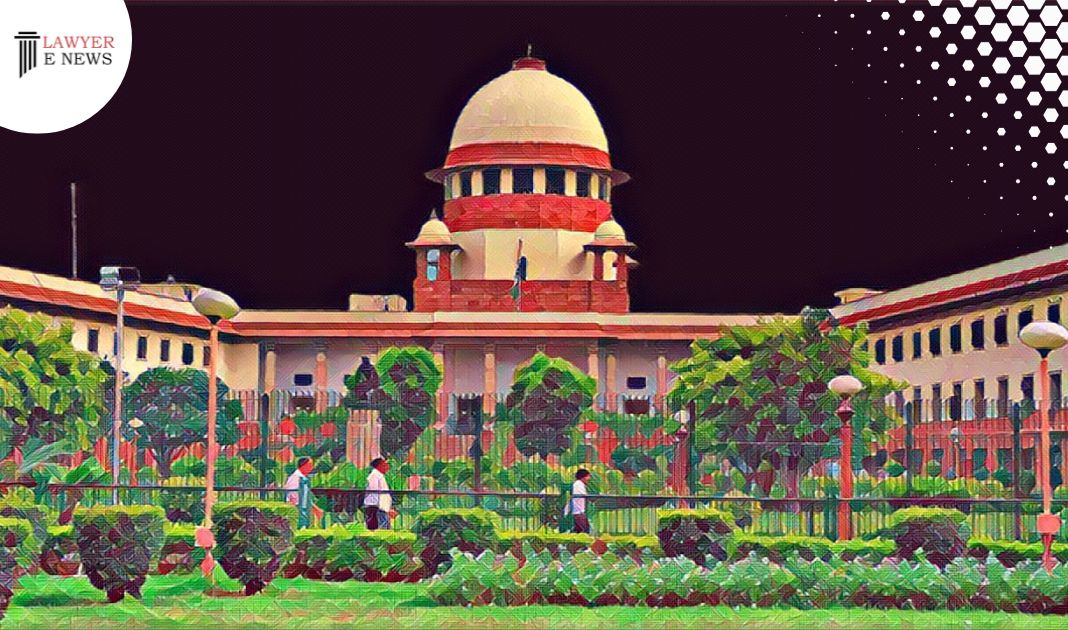-
by Admin
15 February 2026 5:01 PM



In a landmark judgment, the Supreme Court of India has partly allowed civil appeals challenging the legality of environmental clearance exemptions. The bench, comprising Justices Abhay S. Oka and Sanjay Karol, struck down the blanket exemption for the extraction of ordinary earth for linear projects, terming it as "completely unguided and arbitrary."
Legal Point: The apex court examined the exemption for sourcing ordinary earth under the impugned notifications dated March 28, 2020, and August 30, 2023. These notifications exempted certain cases from the requirement of Environmental Clearance (EC) under the Environment (Protection) Act and Rules.
Facts and Issues: Noble M. Paikada appealed against the National Green Tribunal’s decision, which permitted exemptions for ordinary earth extraction in linear projects like roads and pipelines. The challenge revolved around the arbitrariness and legality of these exemptions under the Environment (Protection) Act and the Constitution of India.
Non-Compliance with Rule 5: The Court observed a failure to comply with the mandatory procedure under Rule 5 of the Environment (Protection) Rules, 1986. The Central Government had dispensed with the public notice requirement without proper justification, especially during the COVID-19 lockdown, lacking evident public interest or urgency.
Arbitrary and Vague Exemptions: Justice Oka noted the exemptions under item 6 in the impugned notifications as arbitrary due to their lack of clarity and safeguards. The unspecified quantity and area for earth extraction and the undefined scope of "linear projects" were highlighted as concerns.
Violation of Article 14: The Court held that the unguided blanket exemption violated the equality clause under Article 14 of the Constitution of India.
Environmental Protection Obligations: The judgment underscored the importance of public participation in environmental matters and the need for a detailed regulatory framework to balance development with environmental protection.
Decision: The Supreme Court struck down item 6 in both the impugned notification dated March 28, 2020, and the amended impugned notification dated August 30, 2023, for being illegal and arbitrary under Article 14. The Court emphasized the need for regulatory measures and clear guidelines in matters affecting the environment.
Date of Decision: March 21, 2024
Noble M. Paikada vs. Union of India
